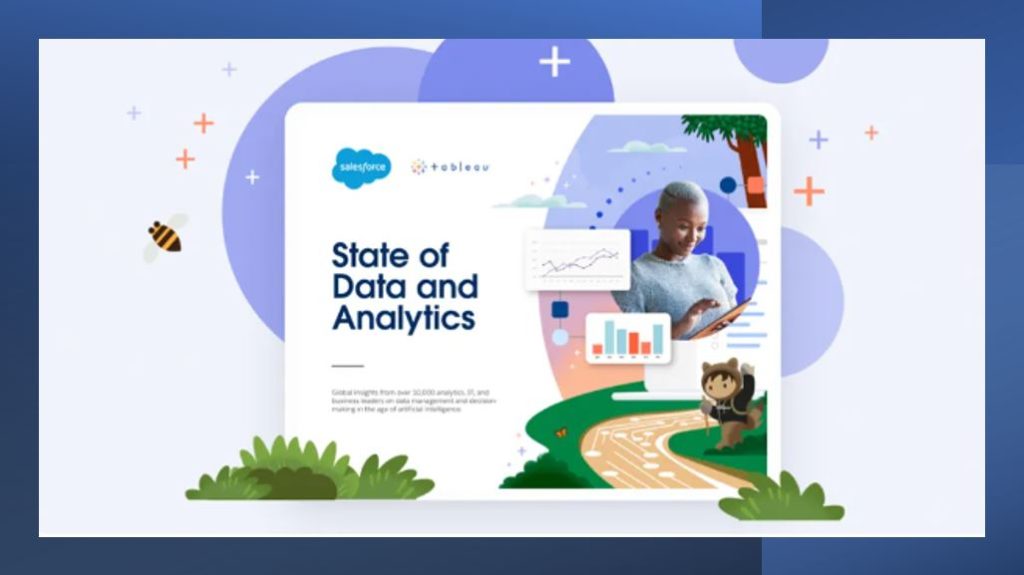A survey by Salesforce, a world leader in technology and CRM, shows that 92% of leaders in the areas of Analytics and IT recently reported that the need for reliable data has never been greater – it is the foundation for artificial intelligence (AI). But data accuracy is just one of the components: it must also be secure, available and reliable so that AI can make the most of its value.
Salesforce leaders made four predictions about this scenario:
1. The AI revolution will become a data revolution.
“Organizations can only harness the full power of AI when it is powered by accurate and comprehensive data. We can expect a continued strong focus on data privacy and compliance, including the implementation of more robust data governance frameworks, the establishment of clear policies for data collection, storage and use, and the ongoing monitoring and auditing of data used for training.

Credit: Salesforce website
Many organizations also face overwhelming and siled volumes of data that lack a single source. Data harmonization will be a key priority for business leaders to extract better value from their data sources and leverage AI effectively. Fostering a strong, data-driven enterprise requires a focus on generating credibility, and ultimately trust, to drive adoption” – Wendy Batchelder, Chief Data Officer at Salesforce.
2. Data will continue to be democratized… and get smarter.
“While analytics and dashboards have been widely used to meet performance management needs, obtaining personalized insights for knowledge workers remains a challenge. In 2024, the focus on the democratization of data and analytics tools will take a new direction. They will become more proactive, automatically identifying anomalies in the underlying business data, providing insights in natural language, and giving users the ability to ask questions and get answers quickly without turning to a data analyst.” – Southard Jones, Director of Tableau Products at Salesforce.
3. There will be a notable increase in the importance of design in improving customer experiences, product value and market fit.
“There is a growing need to recognize the critical role of design in meeting goals and delivering products that customers not only find useful, but enjoy using. The overall user experience will be key, and teams will need to take customer feedback into consideration and instill a design process that includes prototyping, commitment to user experience, and continuous improvement.
This change will reflect a deeper commitment to the craft and personality of software brands and build stronger connections with customers” – Ethan Eisman, SVP of Design at Slack.
4. A new era of cyber defense will emerge to face new threats.
“As AI advances, we will continue to see more AI-based infiltration and exploitation attempts of systems across the digital ecosystem. Hackers are using the technology for everything from generating programming code, cracking passwords, exploiting zero-day vulnerabilities and identifying misconfigurations, to social engineering and deepfakes.
On the other hand, AI can help companies automate tedious tasks such as recognizing anomalies, detecting fraud and phishing attempts, and predicting behavior. This not only allows security teams to increase their efficiency, but also to identify threats quickly, at scale, and reduce reaction times.” – Kelly McCracken, Senior Vice President of Detection and Reaction at Salesforce












